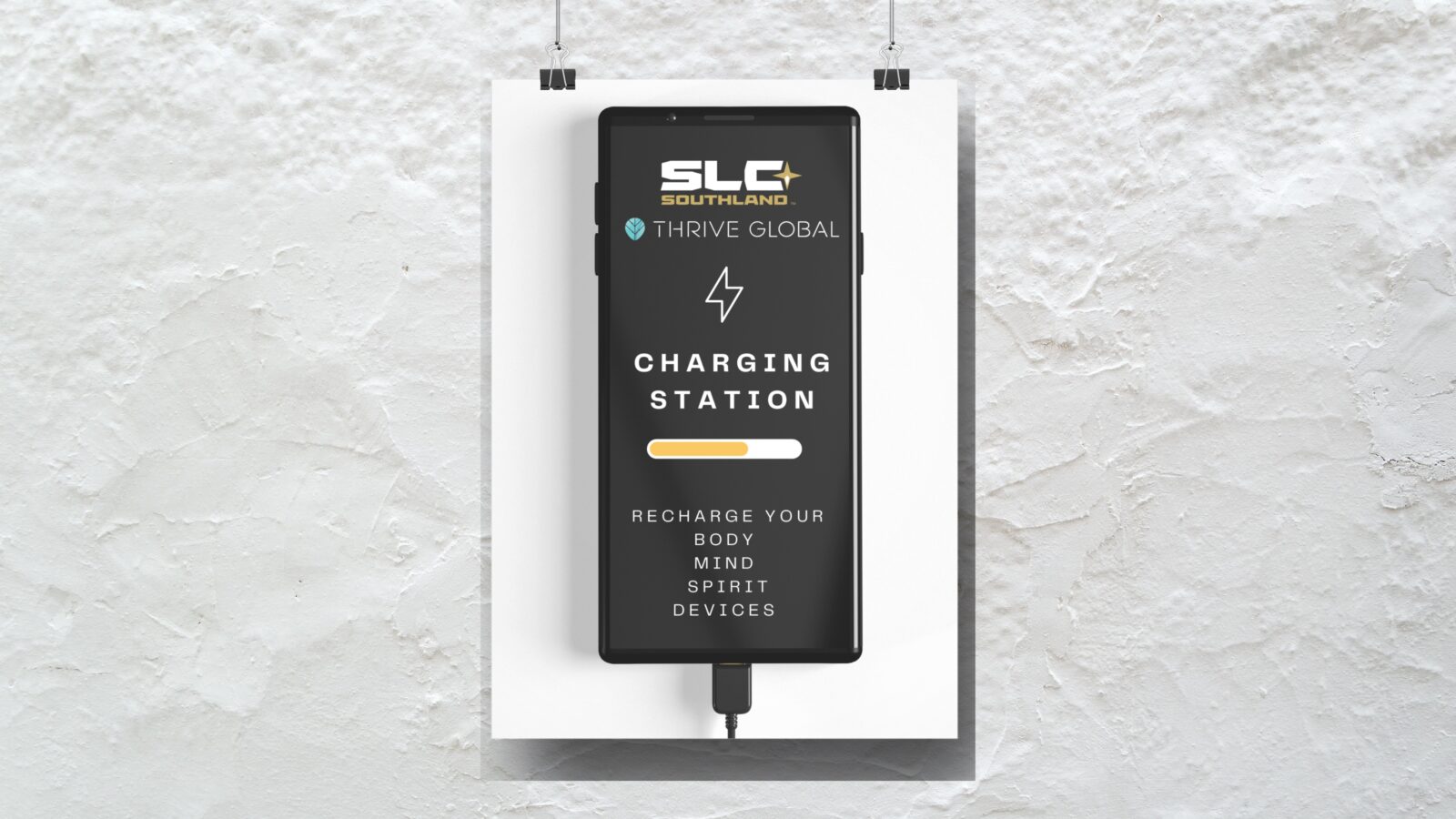As a former volleyball student-athlete, I know that combining sports with academics can be one of the most rewarding experiences in life. But it’s also true that the demands of modern-day athletic competition create specific and growing mental health challenges for student-athletes.
According to an NCAA student athlete study, the number of student-athletes reporting mental health concerns is 1.5 to two times higher than before the COVID-19 pandemic.
That’s why the Southland Conference and Thrive Global partnered last year to promote student-athlete mental health. As the NCAA’s first athletic conference to partner with Thrive Global, the SLC and Commissioner Chris Grant are on the front lines of the student-athlete experience. Thrive’s science-backed approach to behavior change is uniquely positioned to meet busy, ambitious student-athletes where they are, with a technology platform that adapts to the specific needs of each individual.
And as we honor World Mental Health Day, there’s no better time to put the spotlight on student-athlete mental health. I took advantage of Thrive’s paid time off benefit to volunteer at this year’s Southland Basketball Media Day to deepen the conversation about how student-athletes can prioritize their mental health in ways that improve not only their athletic performance, but every aspect of their lives. We don’t need extreme events or natural disasters to spur us to tap into our natural humanity. For me, giving is about sharing my special skills, talents, and passions.
During my time as a student-athlete, I knew that sleep, rest, and recovery were essential for peak performance, but the demands of managing a challenging academic schedule with the intense training, competition, and travel commitments of volleyball made it feel impossible to prioritize. The lack of downtime and the expectation to perform in the classroom and on the court led to exhaustion and burnout. I wish I knew then what I know now – that it’s not lofty New Year’s Resolutions, but rather small, incremental, science-backed actions called Microsteps that will have immediate and long-lasting benefits.
Inspired by NBA and Sleep Champion Andre Igudola, these Microsteps were adopted by Southland student-athletes to prioritize sleep and find moments to reset and recharge:
Every day, say no to one thing that gets in the way of your sleep.
For example, doom-scrolling the news, binge-watching a show, or losing yourself in social media. This can give you back the time to get in a quick nap or to get a little more sleep at night.
When you wake up, don’t start your day by looking at your phone.
Instead of scrolling through email or social media, take at least one minute to breathe and set your intentions for the day.
Set an alarm for 30 minutes before your bedtime.
When you think of sleep as an actual appointment, you’re much more likely to grant it the time it deserves. Setting an alarm reminds you that if you’re going to get to bed on time, you need to start wrapping things up.
Unfollow any social media accounts that make you feel bad or trigger stress.
By being more intentional about who and what shows up on our feeds, we can set ourselves up for a more positive experience.
When you feel overwhelmed, focus on your breathing instead of reaching for your phone.
We often use our phones to distract us from challenging moments, but this can actually leave us more stressed and more disconnected from what matters most.


